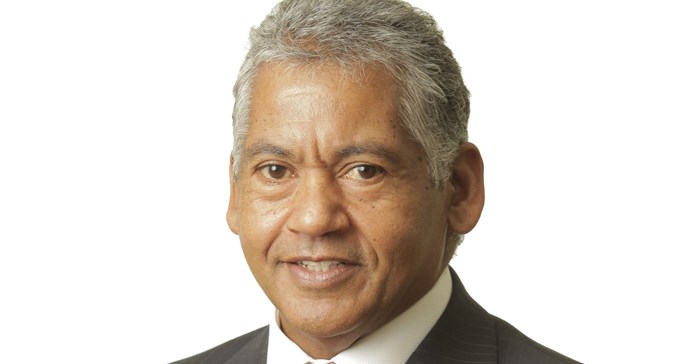Despite all the talk about nuclear builds, renewables and fracking, the local energy sector will remain static until regulatory and political stability return. This lack of investment is particularly troubling because energy capacity and economic growth are so tightly intertwined.

Noor Kapdi, Africa chief executive officer & South Africa managing partner at Dentons law firm
“Energy infrastructure requires long-term investment, and so is particularly dependent on investors’ confidence in the country’s stability, and the forward trajectory of its economy. Unfortunately, South Africa is ticking neither of those boxes at the moment," says Noor Kapdi, Africa chief executive officer & South Africa managing partner at Dentons law firm.
Policy uncertainty
“With three energy ministers in the past year, integrated and energy resource plans that are not finalised and overall policy uncertainty, our energy sector is not an investment magnet. To complicate matters, any economic growth that takes place will be reliant on there being enough capacity to meet increased demands for energy. Getting this balance right is hard enough at the best of times, and particularly difficult under present conditions.”
Policy uncertainty, particularly as regards the energy mix, is particularly counterproductive because it deters even those investors who might be willing to assume greater risk.
At present, there is no certainty as to the relative importance of nuclear, solar, wind, coal and gas in energy account. No investor will commit capital to a project whose inclusion in the national energy strategy is doubtful or uncertain. The effects of this failure to provide a confirmed energy strategy can be seen in the lacklustre investor interest in the proposed gas pipeline from the Mozambican offshore fields and shale gas exploration in the Karoo, Kapdi says.
Sorry state of SOEs
A further drag on investment is the disarray at most of the key parastatals. Eskom’s current oversupply and oscillating attitude towards renewables is one example, as is the delay in commissioning its new coal-powered power stations. Another is the uncertainty related to the contribution of natural gas to the energy mix and economy.
The initial considerations and excitement created around the importation of LNG, the migration to a regional gas feed supplied by a pipeline and eventual exploitation of shale gas seems to have lost momentum. This ambitious but achievable natural gas endeavour would require several SOEs to be aligned, most importantly Transnet, who has to provide both the receiving harbor infrastructure and pipeline development and operations.
South Africa’s political and economic travails prompted downgrades from the ratings agencies, with more a real possibility. The downgrades have raised the cost of capital, thus placing further constraints on energy investment. If another downgrade occurs, Kapdi points out, capital costs will rise yet more, placing investment in energy infrastructure still more at risk.
All of these are problems that are largely of our own making. But, we must also not forget that investment in our energy sector is also affected by global issues. One is the reduction in foreign direct investment (FDI), he says.
Foreign direct investment
“FDI is one of the drivers of economic growth, and when it goes down, our economy feels it. For example, Britain remains one of our leading providers of FDI to South Africa, but investment interest are subdued in the wake of Brexit. And, of course, other sources of FDI are deterred by our political and economic woes,” he argues.
“While it’s very difficult to pinpoint one factor as fundamental, I would say that in the end it all comes down to the economy: if there is growth, investors will want to be a part of it. So while all the issues noted above need to be addressed, I believe the starting point must be to get our economy back in line with the National Development Plan, and on a growth trajectory. Once that is happening, we can begin to address the other issues.”









































